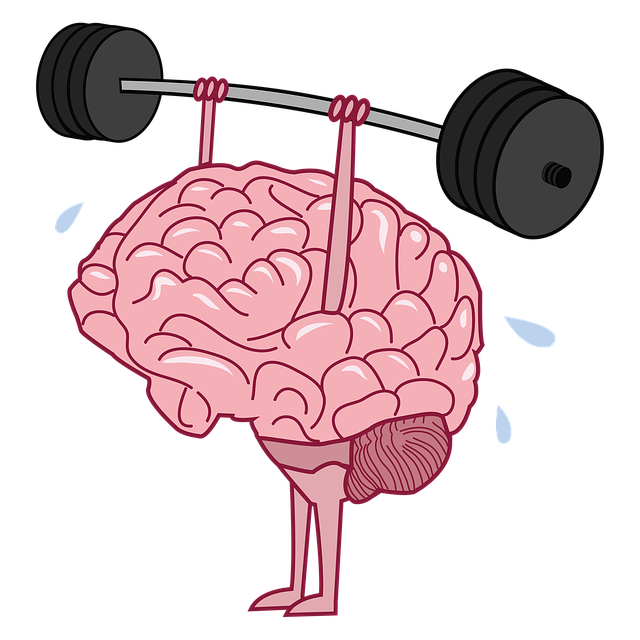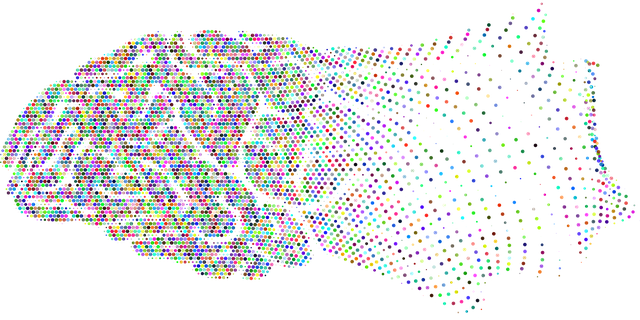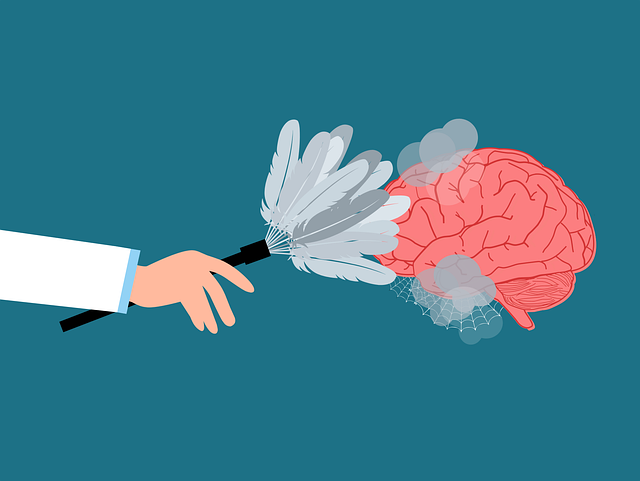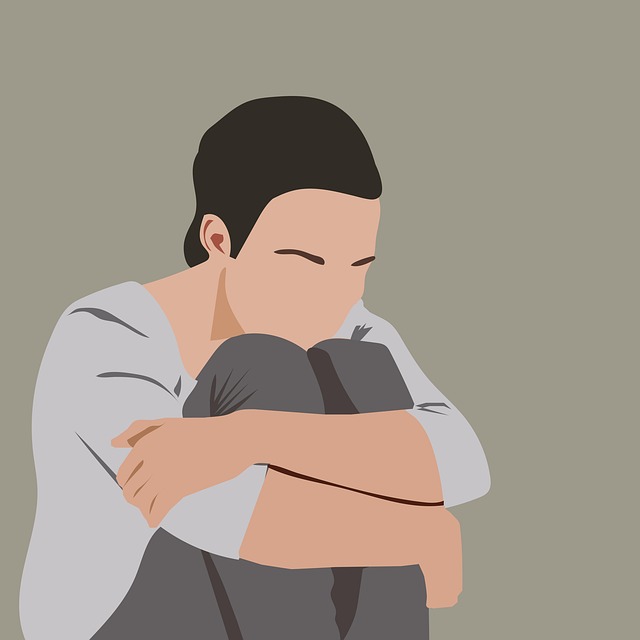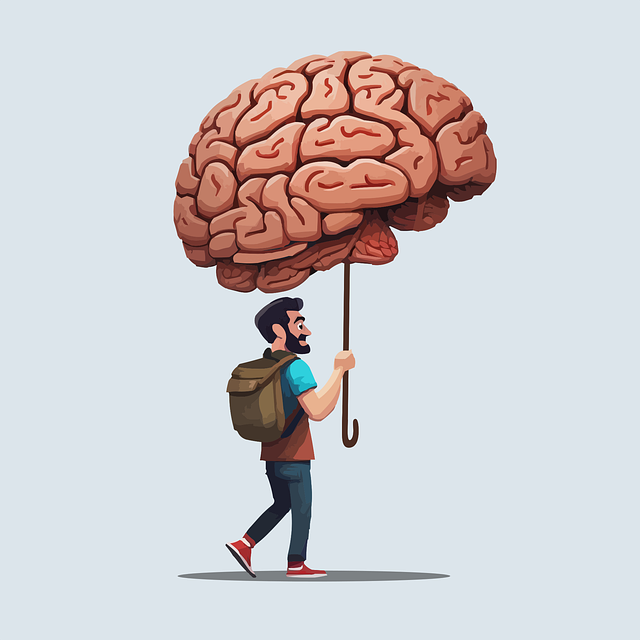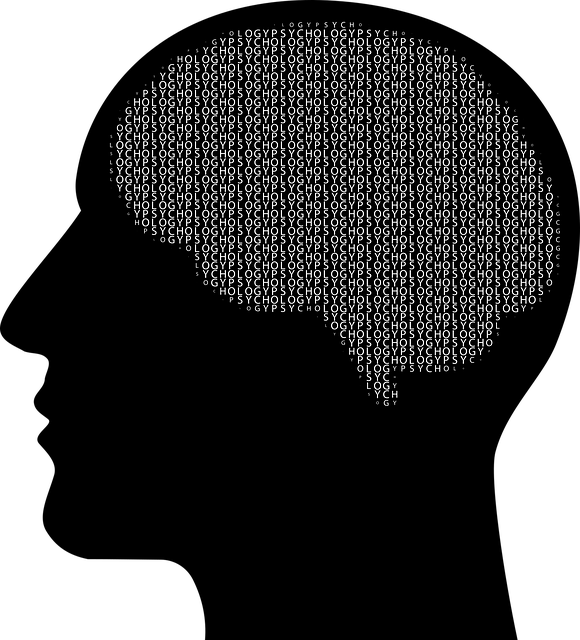Understanding mental health diagnoses is crucial for effective therapy for adolescent teens. Common conditions include depression, anxiety, eating disorders, and bipolar disorder, each requiring specific treatment like CBT or medication. Early intervention improves outcomes. For young men, societal expectations and academic pressures often obscure mental health issues, but identification and tailored approaches like CBT or group counseling are key. Specialized training and guidelines ensure safe care. Incorporating mindfulness meditation enhances therapy outcomes. Advocacy for mental health policy ensures access to evidence-based treatments. Strong support systems and professional counseling foster resilience in therapy for adolescent teens. Stigma reduction encourages help-seeking without judgment, leading to successful recovery through tailored interventions like confidence-boosting techniques.
“Mental illness is a prevalent challenge among adolescent teens, with many facing undiagnosed struggles. This comprehensive guide aims to demystify mental health diagnoses and treatment options for young men, offering a beacon of hope in their navigation process. From understanding adolescent mental health issues to exploring therapy types and uncovering valuable support systems, we provide insights for teens seeking help. Join us as we delve into successful strategies, real-life stories, and resources dedicated to enhancing the mental well-being of our youth, particularly focusing on tailored therapy for adolescent teens and men’s specific issues.”
- Understanding Mental Health Diagnoses for Adolescent Teens
- Uncovering Common Mental Health Issues in Young Men
- Navigating Therapy Options: A Comprehensive Guide for Teens
- Support Systems and Resources for Teen Mental Health
- Success Stories: Overcoming Challenges with Effective Treatment
Understanding Mental Health Diagnoses for Adolescent Teens

Understanding mental health diagnoses is a critical step in navigating treatment for adolescent teens. This age group often faces unique challenges as their brains are still developing, which can impact how they perceive and manage emotions. Common mental health issues among teens include depression, anxiety disorders, eating disorders, and bipolar disorder. Each diagnosis comes with its own set of symptoms and treatment options, including therapy such as cognitive-behavioral therapy (CBT) and interpersonal therapy, medication, or a combination of both. Early intervention is key to improving outcomes for these young individuals.
Risk management planning is essential for mental health professionals working with adolescent teens. This involves creating strategies to mitigate potential risks associated with certain treatments and ensuring the safety and well-being of the teen throughout the diagnostic and treatment process. By fostering positive thinking and self-esteem improvement, professionals can empower teens to actively participate in their care, enhancing their overall recovery journey.
Uncovering Common Mental Health Issues in Young Men

Mental health issues among young men often present unique challenges due to societal expectations and stereotypes that may deter them from seeking help. Common problems include anxiety, depression, and substance use disorders, which can be exacerbated by academic pressures, peer relationships, and the transition into adulthood. Uncovering these issues early is crucial for effective treatment, as it allows for timely intervention and access to tailored therapy for adolescent teens and young adult men, such as cognitive-behavioral therapy or group counseling.
Promoting self-care routine development for better mental health is essential in addressing these trends. Encouraging open dialogues about emotional well-being and providing accessible resources can normalize the conversation around mental wellness. Additionally, risk management planning for mental health professionals plays a vital role in ensuring safe and effective treatment, especially when dealing with vulnerable populations like young men. This might involve specialized training and guidelines to support practitioners in navigating sensitive cases and delivering compassionate care.
Navigating Therapy Options: A Comprehensive Guide for Teens

Navigating therapy options is a significant step for adolescent teens facing mental health challenges. It’s essential to understand that various therapeutic approaches exist, each tailored to unique needs and preferences. Cognitive Behavioral Therapy (CBT), for instance, focuses on identifying and changing negative thought patterns, helping teens manage symptoms of depression or anxiety. On the other hand, Dialectical Behavior Therapy (DBT) combines CBT with mindfulness practices and emotional regulation skills, making it effective for treating borderline personality disorder and self-harming behaviors.
When exploring therapy options, consider incorporating mindfulness meditation as a complementary practice. Research suggests that mindfulness can enhance therapeutic outcomes by improving focus, reducing stress, and fostering better coping strategies. Additionally, engaging in Mental Health Policy Analysis and Advocacy can ensure access to evidence-based treatments and support for adolescent mental health services. It’s crucial also to assess risks during therapy selection, as the Risk Assessment for Mental Health Professionals guides practitioners in identifying potential hazards and providing safe, effective care.
Support Systems and Resources for Teen Mental Health

For teen mental health, fostering strong support systems is vital to navigating the challenges that often accompany emerging adulthood. Adolescent teens face unique pressures and stressors, from academic demands to peer relationships and identity formation. Fortunately, a multitude of resources are available to assist both teens and their families in managing and overcoming mental illness.
Therapy for adolescent teens plays a crucial role in addressing specific mens issues while promoting Self-Esteem Improvement and Coping Skills Development. Professional counseling offers a safe space for teens to express their feelings and work through difficulties, helping them build resilience and develop healthy coping mechanisms. Mental Illness Stigma Reduction Efforts also contribute significantly, creating an environment where teens feel understood and supported, ultimately encouraging them to seek help without fear of judgment.
Success Stories: Overcoming Challenges with Effective Treatment

Many individuals battling mental illness find their path to recovery through effective treatment and navigation assistance. Success stories abound, especially within the realm of therapy for adolescent teens and men’s issues. Professional support tailored to specific needs, such as confidence-boosting techniques and social skills training, has proven instrumental in combating depression prevention and fostering positive change.
These narratives highlight the transformative power of specialized interventions. By providing tools to navigate challenges and addressing unique concerns, individuals are empowered to take control of their mental health journeys. Through dedicated therapy sessions, support groups, and personalized strategies, those facing depression or other mental health struggles can find hope and achieve lasting improvements in their lives.
Mental health diagnoses and treatment can be complex, especially for adolescent teens and young men navigating their unique challenges. By understanding common issues like depression, anxiety, or substance abuse, parents and caregivers can provide crucial support. Exploring therapy options, from cognitive-behavioral to group counseling, offers effective tools for healing. Accessing dedicated resources and connecting with supportive communities empowers teens to overcome obstacles. Remember, seeking help is a sign of strength, and with the right guidance, young individuals can thrive and lead fulfilling lives. Whether it’s for yourself or a loved one, recognizing and addressing mental health concerns is a vital step towards well-being, especially in the context of therapy for adolescent teens and men’s issues.
